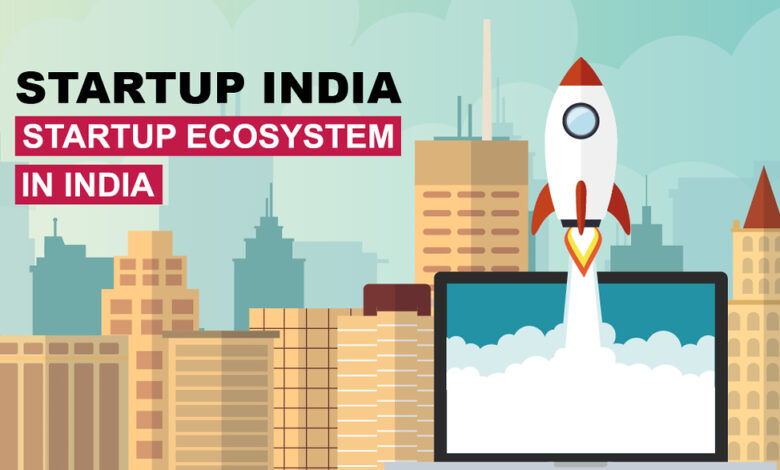Challenges of startups in India

Despite the influx of venture capital funds into the startup ecosystem, many companies are struggling to compete and may eventually be forced out of business. It is therefore important to understand the factors that impede the growth and sustainability of a country’s startups.
A key component of any startup is a team of dedicated people striving to excel at what they do and loyal enough to move on without warning. Finding a great team is the first big challenge for every startup. Especially in the early stages when the team can make or break the company. One study found that team failures were due to 23% of failed startups being closed.
The main reason startups fail is lack of co-founders. We need a team of dedicated individuals with complementary skills. Even a team with perfectly balanced skills, but with different channels of communication, can run into problems early on. Nearly $242 million in venture capital has flowed into a total of 64 startups in India, according to research firm Venture Intelligence. However, industry experts argue that this number is negligible and there are strong reasons to increase it further to keep early-stage venture capital.
Borrowing money as a source of funding is also out of the question. Personal finances become an issue as financial stability requires an immediate source of income that may not be possible in the early stages of starting a business. The next big challenge for startups is assessing the location and market needs to launch the product. Innovation is key here. This means that startups need to adapt the products that exist on the market to the needs of their customers. With huge competition, startups need to grow fast, and this is where external funding comes into play. Investment and startups go hand in hand.
When funding stalls, trouble arises. Some start-ups are forced to focus on increasing investment rather than generating revenue. Proper burn rate management is a major concern. When a startup is funded, it often loses track of its burn rate and its own shrinking revenue, and eventually goes out of business. Therefore, a conscious approach to revenue generation is required. One of the biggest challenges is the influence of external organizations trying to manage, manage and leverage events, numbers or brands in the name of mentoring. Most innovative, fast-growing companies that start making money early are independent, not founded or led.
Early growth may have been slow, but it offers stability and profits in the long run. The influence of outside organizations/entities should be limited so that startup can be accelerated. The need to constantly innovate and develop services to meet customer expectations is one of the biggest challenges. With the advent of technology and competition, the challenge of surpassing previous innovations is immense. Although the regulatory situation is improving, registering a business is still difficult and can take anywhere from one to six months. Regulations on labor law, intellectual property rights, information technology, contracts, dispute resolution, etc.












